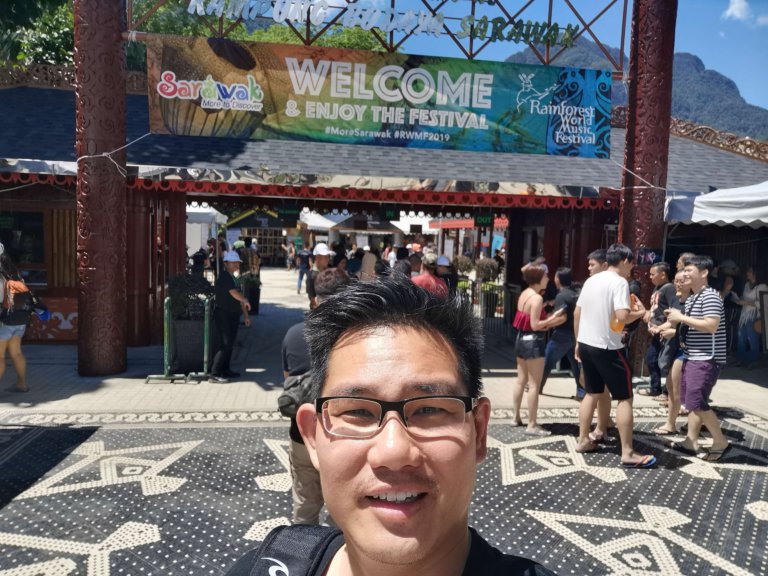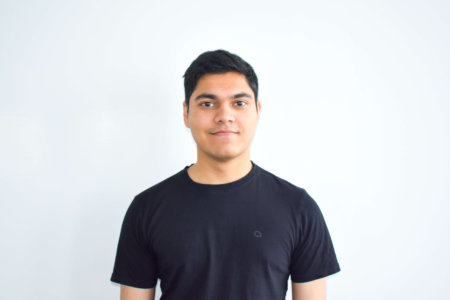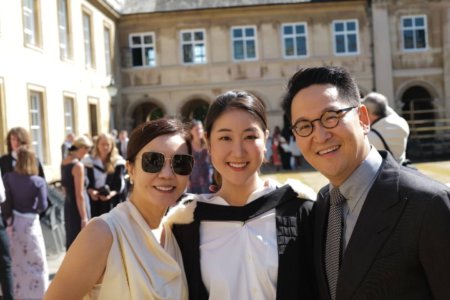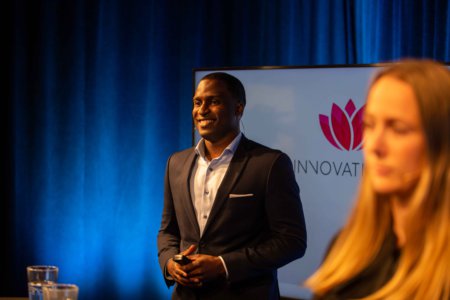
Hanson Toh has an extensive CV. He is the Director of Special Projects of software service/solutions provider Axiata Digital, the Director of Digital Assets and Portfolio of e-wallet platform Boost Indonesia, an advisor on growth and strategy for blockchain infrastructure provider Neuroware.io and CEO of online social site ServiceClicks — four roles that Toh holds concurrently today. Before this, he was the Malaysia Country Consultant for Google, Inc., a role he landed after graduating with an MBA from Oxford in 2004.
With work experience in Malaysia — his home country — Singapore, the US, the UK, New Zealand, the Netherlands, and Brunei, Toh exemplifies what it means to be a global consultant and investor in today’s world. We caught up with him to learn more about his MBA from Oxford, his career trajectory and what the future holds for him:
Why get your MBA from Oxford? Do you think an international education has helped shape your global career today?
People take MBAs for various reasons. Mine were: I wanted to explore a potential career overseas, outside of my home country Malaysia, and for that I felt it would help if I studied at a place that was reputable MBA-ranking wise. At the time, the Said Business School at Oxford University was number four in the UK and within the top 15 globally, hence it wasn’t too shabby to get my MBA from Oxford.
Additionally, as it was a 12-month programme to get my MBA from Oxford, I felt it delivered a better return on investment than spending two years at an Ivy-League school. Another reason was that I wanted to go to a place that was internationally-focused and also walked the talk on this aspect.
In my research, I appreciated the fact that the Oxford University’s MBA recruiting principles were to source their students from a diverse international group. Many MBAs in the US or Europe in and around 2003 didn’t have anything close to that balance. I also wanted to have fun and make sure it wasn’t all about study and work — in that regard, Oxford was the perfect place for me.
Last but not least, I do feel that if one has the financial means and opportunities to do so, they should take up the chance to study abroad. Even though you don’t do it for a long time — six months, a year, would suffice to help give you an immersion that isn’t purely about academics.
For me, experiencing and appreciating different cultures, perspectives, ways of working and playing, helped shape my global approach to engaging with people, colleagues, and yes, my career too.

An MBA from Oxford gave Toh “an immersion that isn’t purely about academics.” Source: Hanson Toh
Can you tell us a bit more about your business experiences abroad? Do you think you gathered a global perspective from your time abroad?
My first job after getting my MBA from Oxford was with a company called Honeywell, and for that job I was based in Singapore and Kuala Lumpur for about two years. I then joined Deloitte Consulting where I worked on projects that covered various locations such as the Netherlands, New Zealand and Brunei.
People from different parts of the world work, respond and engage differently. For instance, the Dutch are very straight talkers, but also balance this with empathy. While I was working in Indonesia, I felt that people may not say much initially but once warmed up, you get a lot more feedback that you may have otherwise not gotten. These, and many other aspects, are some of the reasons why a cross-cultural experience is essential for a global perspective.
Why choose Jakarta for work?
As I previously mentioned as a panel member in my virtual discussion on RETHINK GLOBAL by RISE, I am still currently based in Kuala Lumpur due to COVID-19. However, I do look forward to spending much more time in Jakarta once the pandemic situation clears up.
For Boost, it’s definitely part of our plans to be regional, and Indonesia — being one of the countries where the Axiata group (our parent company) operates in — is definitely a place where we believe we can provide a meaningful service. This is essential for financial inclusion for frontier markets, and personally, I like Jakarta for its people and the great potential to build a meaningful and outstanding fintech business.

After graduating with an MBA from Oxford, Toh became the Malaysia Country Consultant for Google, Inc. Source: Hanson Toh
What are your plans in operating a digital bank in 2021? Are you in the midst of obtaining a digital license from Bank Negara that will be announced next year?
In Malaysia at least, we have announced our interest to pursue a digital banking license. However, this is all in the early stages as Bank Negara will only be releasing the licensing framework in early 2021, so we would have to study this further once it is.
How long do you think it will take you to fully set up your digital bank? And how would you suggest your digital bank differ from the players that have shown interest?
In this global era, the timeline to set up a digital bank would depend very much on regulations, licensing framework and requirements as specified by Bank Negara. So it’s hard to give a specific time frame at this moment in time.
In Malaysia, Boost operates and provides services to both the consumer and also the merchant segment, whilst in Indonesia, we are highly merchant-centric and focusing on the long-tail ones. Those are segments that we service and know well. We believe that we are in a good position to serve these markets further should we be given the opportunity to operate a digital bank.
You had the ambition for Axiata Digital to become a unicorn company by 2022. How far away are you from your achievements?
I believe we are on track to achieve this and hopefully sooner if we do the right things! Although, on a day-to-day basis, we really don’t focus too much on this as a goal — rather an outcome that will come to fruition if we address the needs of our targeted segments. All while delivering positive outcomes to our shareholders.
What kind of challenges do you foresee yourself having, given that the pandemic has brought about some unprecedented difficulties this year?
From a company perspective, this year has made us more agile — not prioritising certain segments while moving more resources to other segments. We have also had to put in more effort to ensure that we communicate effectively given that many of us are now working from home.
This includes having the right communication tools (like Zoom), working practices and cadence to maintain productivity, but also ensuring that as fellow colleagues, we remember to respect each other’s private time and the need to unwind — which is much needed after hours and hours on online video calls!
What do you do in your free time, aside from being a global businessman busy with work?

Aside from work, Hanson Toh enjoys time with his family and playing tennis. Source: Hanson Toh
I spend some time each month to mentor and work with emerging startups, I also self-manage my own investment portfolio — fun, and hopefully rewarding! Aside from work things, I do love spending time with my wife and two boys. I also enjoy playing tennis, listening to music on Spotify, cook and bake occasionally and I try to travel as much as possible.










